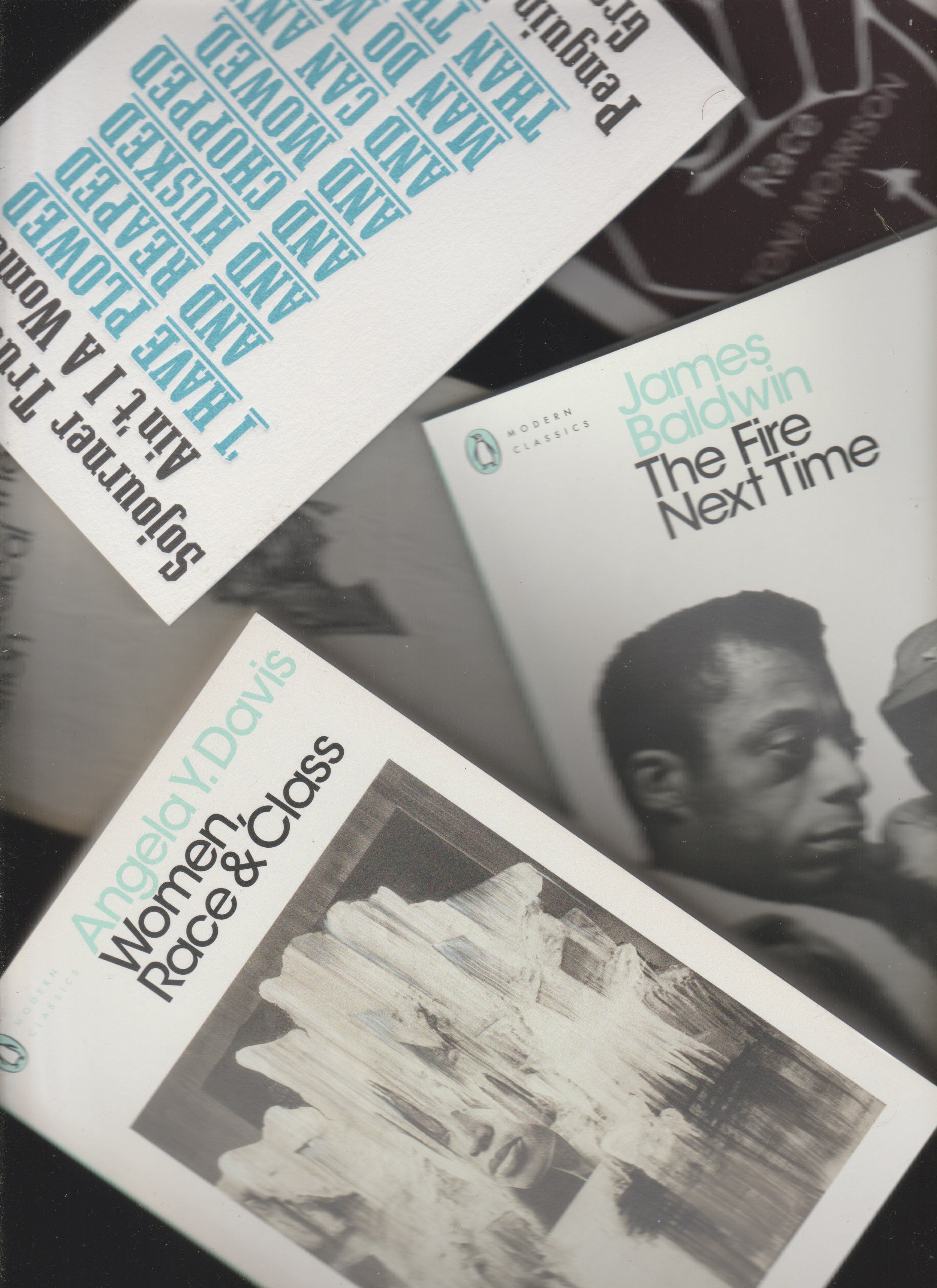Collective reading and the politics of reading together
The process of collective reading is a stark contrast to how we often conceive of reading as a solitary act.
Image Credit: Harry Gay
In May 2020, Liat Ben-Moshe released a book entitled, Decarcerating Disability: Deinstitutionalization and Prison Abolition. The book fused prison abolitionist and disability justice politics, something of great interest to myself and my friend Mali. Mali suggested that we read the text together, both as an attempt to remedy the loneliness of lockdown and to ensure we were critically engaging with the text in a way we often fail to do when reading alone. We imagined that by reading the book together we could connect the text’s ideas to our lived experiences and brainstorm ways to enact the politics Ben-Moshe discusses. Mali posted on Facebook to ask if anyone would be interested in joining us virtually to read this book; the response saw us bring together a group of people who wanted to join us in creating an online space to read and engage with political ideas.
Image Credit: Harry Gay
The process of collective reading is a stark contrast to how we often conceive of reading as a solitary act. While social book clubs and reading groups surged in popularity during the 19th and 20th century as a social space for women who were excluded from education institutions, political reading groups serve a unique function melding political theory and praxis while fostering a unique social space for those who come together to read.
In contrast to the classroom, reading groups allow individuals to come together to discuss ideas divergent from institutional objectives. While the merits of learning within institutional settings are undeniable, there are clear limitations. Faced with the increasing neo-liberalisation of universities and the commodification of education, we must seek out alternatives to educate ourselves and each other. Unlike the classroom, the choice to participate is voluntary and not tied to participation marks or assignment success.
Reading groups have long been a site of political education within radical lefitst spaces. Collective reading within political parties assists with the development of a shared politic and party lines. The Black Panther party saw education as a pathway to liberation, the idea of “educate to liberate” was core to the party's political organising. While the importance of education and reading to political movements globally can not be understated, to quote Lenin, “without a revolutionary theory there can be no revolutionary movement.” We must understand that reading alone is not enough. We must enact the ideas we read about, apply them to our own political contexts while challenging and testing the ongoing relevance of the ideas we read. To read and put into practice what we read can not be done individually, which is why reading collectively facilitates a distinctive relationship to theory and political education. Collective reading provides a unique opportunity to come together, share knowledge and discuss learning.
Through this, communities can emerge providing social and political connections that can grow beyond the space of the reading group. Leftist political reading groups provide a space for critical engagement, where people can question and reckon with their politics. Political unity and shared ideology is important for the left, but reading groups allow us to question the politics or party lines in a way that doesn’t serve to delegitimise the left.
In prison abolitionists reading groups, for example, we are able to explore the discomfort that can arise throughout our reading, an acknowledgment that often the ideas we read are new to us and challenge us to think differently. This challenge is taken up collectively with compassion and critical inquiry as we are able to be open and honest without judgement. There is a shared understanding that while we are committed to these ideologies we are still learning, deconstructing and reconstructing our understandings of the world around us.
The collective compassion and commitment to critical reflection I discuss here is not inherent to reading groups, rather, it is an environment that must be fostered, nourished and reinforced. The honesty and lack of judgement within the spaces is something that people must continually strive for. Instead of judgement, political reading groups should encourage critical reflection, compassionate questioning of comrades, and a willingness to change our minds when we encounter good natured political debate.
Image Credit: Harry Gay
When facilitating political reading groups, facilitators must strive for ourselves and participants to not just understand a text but understand how the text relates to our own political context. Through this understanding, collective ideas of how theory can be enacted in praxis can emerge. Providing space to relate the text to our own lived experiences, to explore how we personally connect to a text gives life to the ideas we read about. Reading groups can exist as tools that inspire political action.
After co-facilitating nine sessions for Decarcerating Disability: Deinstitutionalization and Prison Abolition with Mali, we were left with a sense of hope, imagining what abolitionist disability organising could look like within so-called Australia. Inspired by the text, but more so the conversations and passion that arose from collectively discussing the text, I craved a political organising space where we could continue to learn disability justice and abolition while enacting this learning into political action. The result of this imagining was the creation of the Disability Justice Network and from that a Disability Mutual Aid Fund. The reading group had value in of itself, as a space that brought people together (when isolation was a part of our everyday life) and allowed us to deepen our understanding of radical ideas but the reading group’s true value was its potential and ability to grow into something tangible. From ideas of change to the creation of an ever-growing political space: this is the radical potential of political reading groups.



